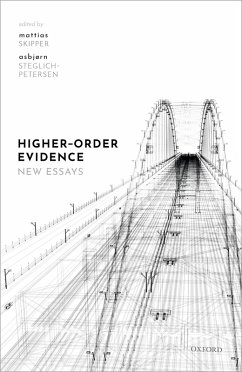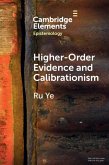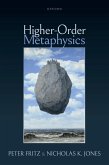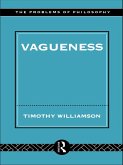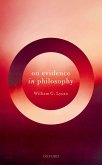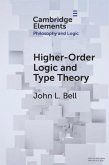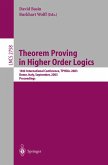We often have reason to doubt our own ability to form rational beliefs, or to doubt that some particular belief of ours is rational. Perhaps we learn that a trusted friend disagrees with us about what our shared evidence supports. Or perhaps we learn that our beliefs have been afflicted by motivated reasoning or by other cognitive biases. These are examples of higher-order evidence. While it may seem plausible that higher-order evidence should somehow impact our beliefs, it is less clear how and why. Normally, when evidence impacts our beliefs, it does so by virtue of speaking for or against the truth of theirs contents. But higher-order evidence does not directly concern the contents of the beliefs that they impact. In recent years, philosophers have become increasingly aware of the need to understand the nature and normative role of higher-order evidence. This is partly due to the pervasiveness of higher-order evidence in human life. But it has also become clear that higher-order evidence plays a central role in many epistemological debates, spanning from traditional discussions of internalism/externalism about epistemic justification to more recent discussions of peer disagreement and epistemic akrasia. This volume brings together, for the first time, a distinguished group of leading and up-and-coming epistemologists to explore a wide range of interrelated issues about higher-order evidence.
Dieser Download kann aus rechtlichen Gründen nur mit Rechnungsadresse in A, B, BG, CY, CZ, D, DK, EW, E, FIN, F, GR, HR, H, IRL, I, LT, L, LR, M, NL, PL, P, R, S, SLO, SK ausgeliefert werden.

